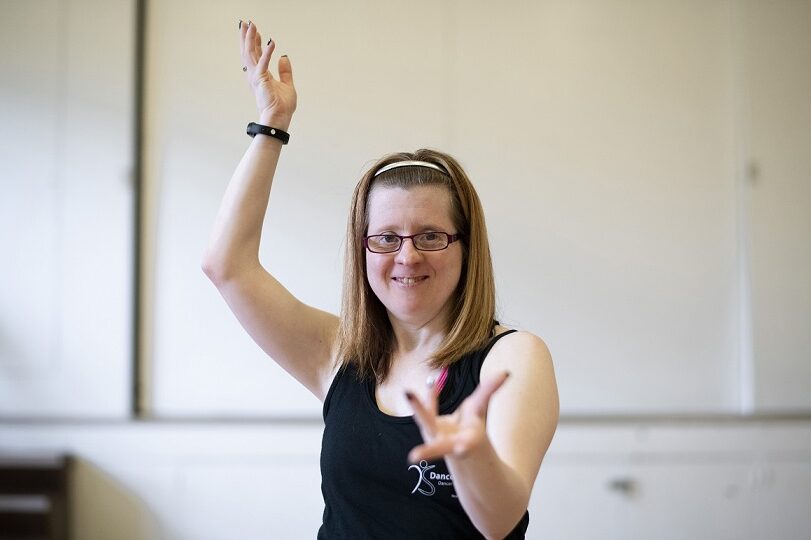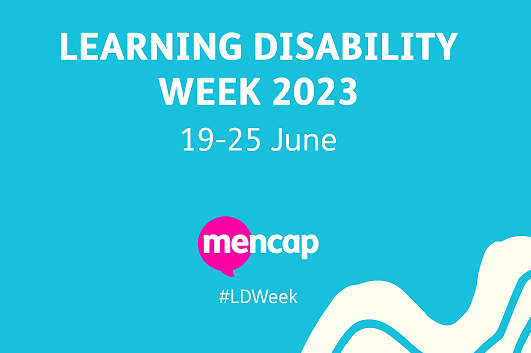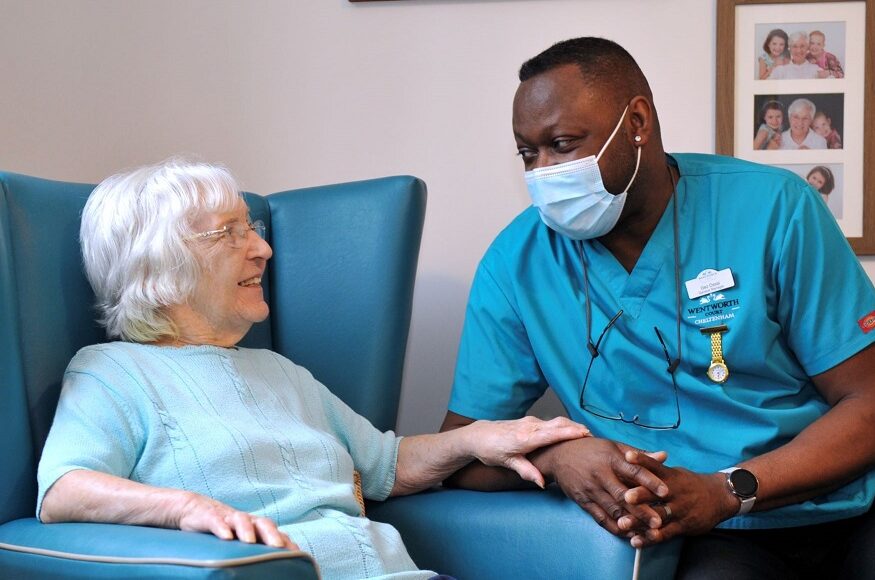Viewpoint
DanceSyndrome is an award winning dance charity based in Lancashire with a special focus on including everyone, with or without disabilities. Jen Blackwell has Down's syndrome and is the founder of this amazing enterprise. Julie Nicholson, Managing Director of the charity, is proud to share her story.
The Messenger Review, published in 2022, set out an ambition to review system wide leadership development. It was an opportunity to help the health and social care system strengthen leadership and management across both sectors in England. It was also a way to help people new to their roles to better understand what is expected of them.
Social care colleagues will have better training, clearer career paths and improved job prospects following the announcement of government plans to develop the domestic care workforce. Think Local Act Personal's Tim Parkin explains how his organisation helped gather views from care colleagues and others to inform the Pathway's shape.
Jim Thomas is unconvinced AI and robotics will result in a smaller social care workforce. "Horse manure has convinced me AI and robotics will help the social care workforce get bigger, more skillful and better paid." Intrigued? Read on!
It's Learning Disability Week (19-25 June). This year, the aim is to show the world the incredible things people with learning disabilities can achieve, smashing misconceptions and shining a light on the stigma and misunderstanding many still face everyday.
This week is Carers Week (5-11 June) when Carers UK and others are seeking to raise awareness of the UK’s estimated 5.7 million unpaid carers looking after older, disabled or ill relatives or friends. We're delighted to welcome back unpaid carer representative and dedicated champion of their cause, Fatima Khan-Shah, with this personal take on Carers Week.
After 30 years working in social care, ill health pushed Jim Thomas, former Head of Workforce Capacity at Skills for Care, into early retirement. While he recovers, he's using the time to gather and share people's stories of care - and also ponder how careers in care could become even more attractive propositions...
Chief Nurse for Adult Social Care, Deborah Sturdy, and Skills for Care CEO, Oonagh Smyth, look at the progress being made to create a national voluntary framework to support the safe and effective delegation of healthcare interventions to the social care workforce.
Being an unpaid carer during a global pandemic takes its toll, as does its aftermath. The impact is not just physical and emotional, it’s financial too. From speaking with her networks of unpaid carers, Fatima Khan-Shah knows these issues are front and centre of their minds during this year’s Carers Week.
One of the reasons, if not the main inspiration, Deborah Sturdy accepted the post of Chief Nurse for Adult Social Care had been her desire to honour, support and encourage this country's amazing care profession through some very challenging times. Read her latest blog, marking a day of reflection and remembrance for social care.








